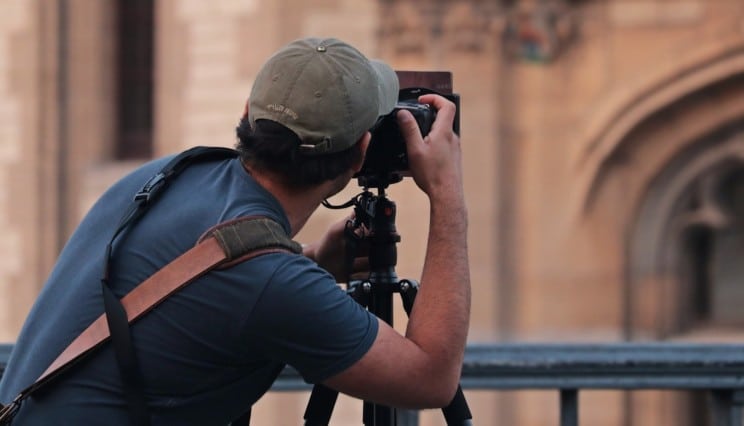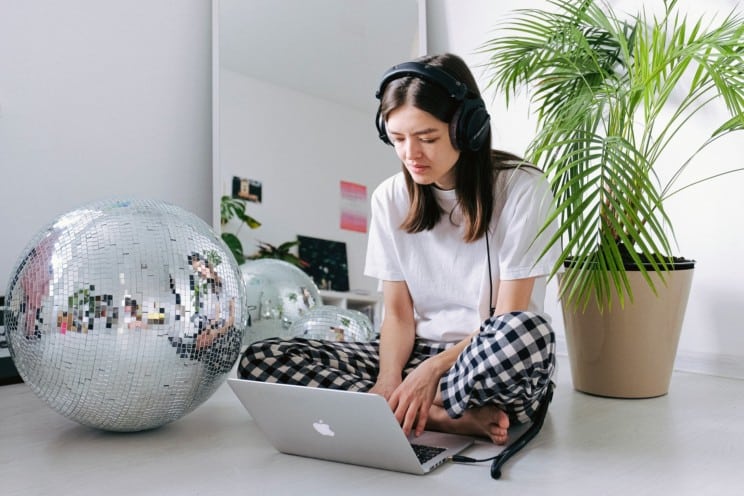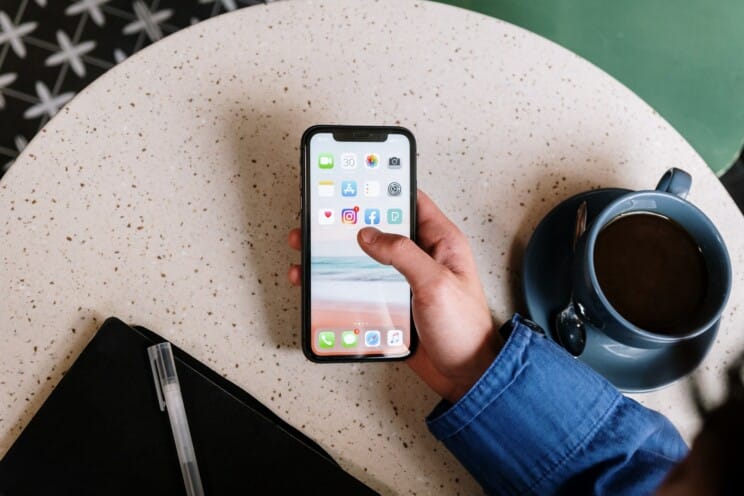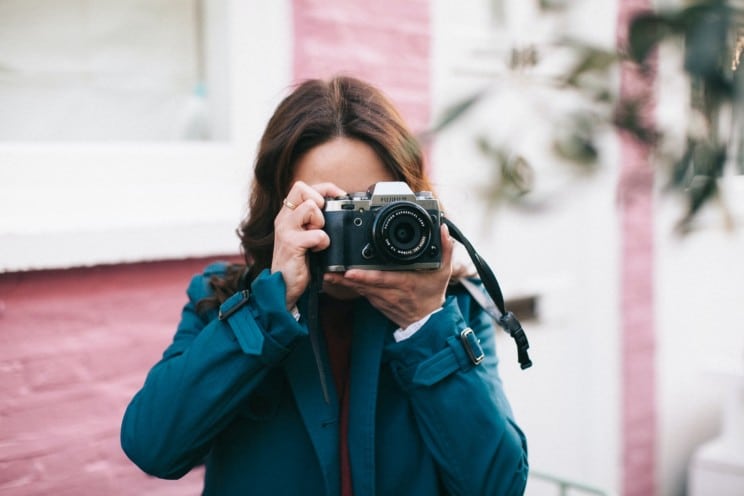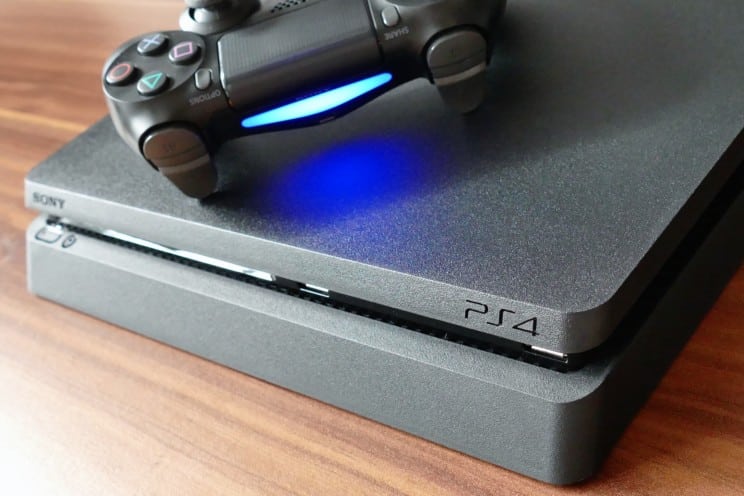Can the Sun Damage My Camera if It’s in the Picture?
As a photographer or a photography enthusiast, you know that the sun can be your best friend or your worst enemy.
It can help create beautiful landscapes and portraits, although it can also ruin photos with flare and lens distortion.
What about your camera? Can the sun damage it if it is in the picture?
In this blog post, we will answer that question and give you some tips on how to protect your camera from the sun’s harmful rays.
Can the Sun Damage My Camera if It’s in the Picture?
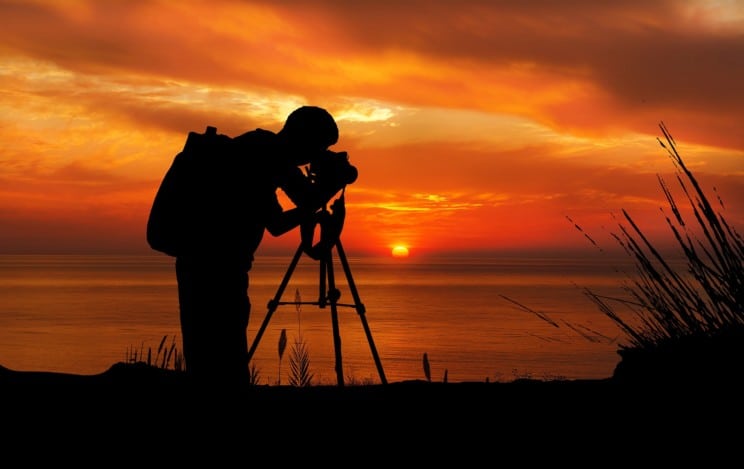
Yes, pointing your camera directly at the sun can be extremely dangerous for its sensor.
The lens acts as a magnifying glass and multiplies how intense light is, which may cause permanent damages to it.
This is especially true when taking pictures during sunset or sunrise because they have incredibly high temperatures on their sensors.
Whenever you angle your camera at the scorching sun, sometimes it can cause an effect called “blooming.”
The sensor will become overloaded and display horizontal or vertical streaks of light.
Blooming isn’t necessarily bad news for cameras as this usually fades away after some time; however, this may lead to more permanent damage in older models, so be careful.
Can the Solar Eclipse Damage My Camera?
Though an incredible sight, shooting the sun during a solar eclipse can be very dangerous.
The powerful light of these moments is best captured with camera filters that protect your lens from damage caused by too much exposure time focused on this subject matter.
Be aware that a solar filter does slow down your shutter speeds, although you have more control of the exposure.
A tripod can also be helpful for stability, especially when using long focal lengths and slower shooting speed because we don’t want our cameras shaking all over the place.
A solar filter is the only type of lens that has been specially designed to protect your camera from glare and UV rays.
They also reduce light, which can sometimes make it hard for you to see while taking pictures in daylight or other bright conditions.
While it’s tempting to take a glance through the viewfinder before you start shooting, this could damage your eyes. Instead, use Live View and LCD screen together for best results.
How to Keep Your Camera Safe From the Heat
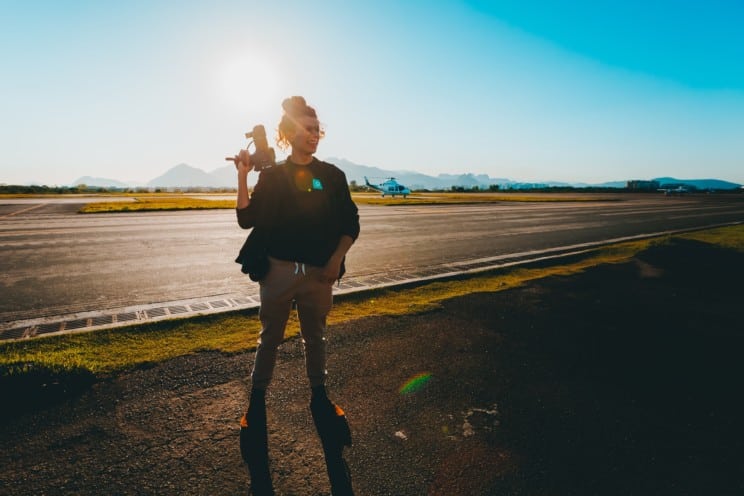
When you’re on an outdoor shoot, the last thing that should be worrying your camera is heat.
So to help protect your camera from heat and other environmental factors, here are some quick tips for using gear in hot environments:
- Camera bag – For a short while, keep your camera in a bag when you aren’t using it. The sun and heat can take their toll on the electronics, so give this essential equipment some time off from work.
- Towels – If you do not want to risk your camera, protect it with anything that can shield it from the sun’s rays, like towels, blankets, or even clothes. Even if a towel or blanket is not perfect for long-term use, using one temporarily will keep any damage at bay until sunset.
- Umbrellas – If you’ve got an extensive setup and can’t move it, invest in a couple of umbrellas (the shading kind) so that the equipment has shade from any harsh lighting.
- Fight internal heating – Unfortunately, cameras can overheat for several reasons, like putting too much pressure on themselves. You may help them with an external battery or faster memory card and make sure you adjust your camera settings so that it doesn’t happen again in the future.
Final Thoughts
Cameras may struggle with the sun; however, there are ways you can help them.
Try not to point your camera at the sun and make sure that if one becomes overheated in direct sunlight, you should take them off-site for safekeeping before permanent damage occurs.

